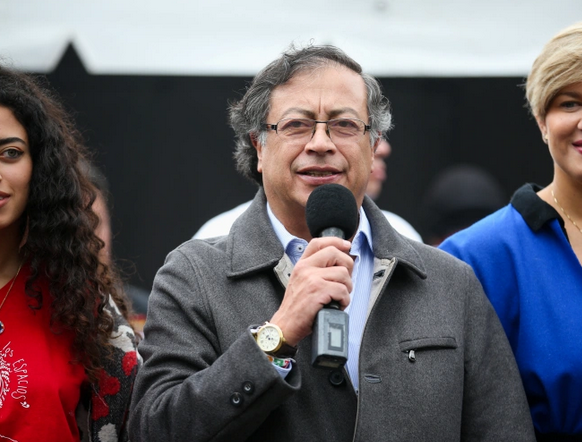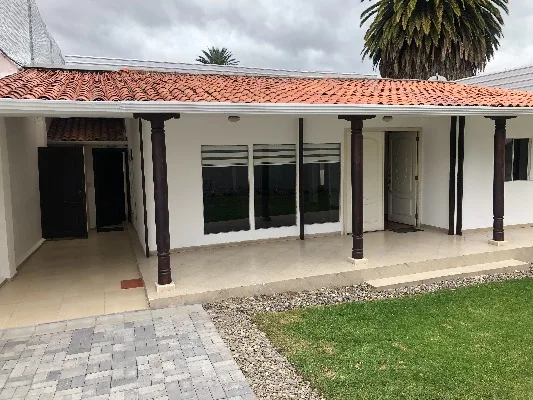Petro admits Colombia ‘exported’ drug violence to Ecuador but says U.S. addiction plays a major role
President Gustavo Petro acknowledged Wednesday that part of the international drug trade has moved from Colombia to Ecuador, saying it reflects “changing market conditions in the United States and Europe.”

Colombian President Gustavo Petro
In interviews with German and Dutch news services, Petro said a major geographical shift is underway in the market.
“Today, parts of Ecuador have higher levels of drug violence than Colombia had 20 years ago,” he said. “We were accustomed Ecuador being a very peaceful country but that has changed as the illegal drug market changes.”
Petro, who made his comments at the World Economic Forum in Davos, Switzerland, said that the violence and drugs come from the north and that a “southward trend” has been underway for several years. “The drug trade is also growing in Peru and to a lesser degree, in Chile, and there is a reason this is happening.”
Ecuador’s attractiveness for the drug trade, Petro says, is the weakness of its institutions. “Ecuador’s openness to foreigners, its lax regulations at the ports and the corruption of police, judges and other officials, make it attractive to traffickers,” he says. “They look for the point of least resistance in their supply chain and Ecuador is attractive.”

According to Colombian President Gustavo Petro, drug cartels may shift some of their cocaine shipments from Ecuador to the new $3.6 billion Chinese-owned megaport in Peru when it is completed later this year.
Another attraction for drug cartels is Ecuador’s use of the U.S. dollar. “One of the difficulties for traffickers in Colombia is converting their earnings to U.S. dollars, which is the currency of their business,” he said. “In Colombia, they often need to change pesos into gold and then into dollars, which is difficult. In Ecuador, this can be avoided.”
A dollarized economy also makes money laundering easier. “The criminals bribe local businesses or set up their own to clean their dollars. It’s simple.”
Petro believes an often-overlooked factor in Ecuador’s crisis is the change in U.S. drug preferences. “The opioid addiction in the U.S., especially with fentanyl, has transformed the international drug trade in the last decade and this explains the southward movement of cartel interests,” he says. “In the past, the drug of choice in the U.S. was cocaine and all of the product flowed north from Colombia through Mexico. Today, the U.S. the market for fentanyl is expanding while that for cocaine is contracting. U.S. consumers get their product across the border from Mexico. At the same time, the demand for cocaine in Europe is growing so, naturally, the cocaine supply routes have changed. That’s why most of the supply from Ecuadorian ports is destined for Rotterfam and Antwerp.”
Although he has reservations, Petro believes President Daniel Noboa’s battle against traffickers can be successful. “It must be maintained and it must have a follow-up to address the poverty among the young cartel foot soldiers.”
Petro also believes that much of the outbound cocaine traffic will move further south, to Peruvian ports, in the coming months and years. “The Chinese are building a very large port near Lima and I’m sure the cartels will relocate some operations there when it opens later this year.”





















